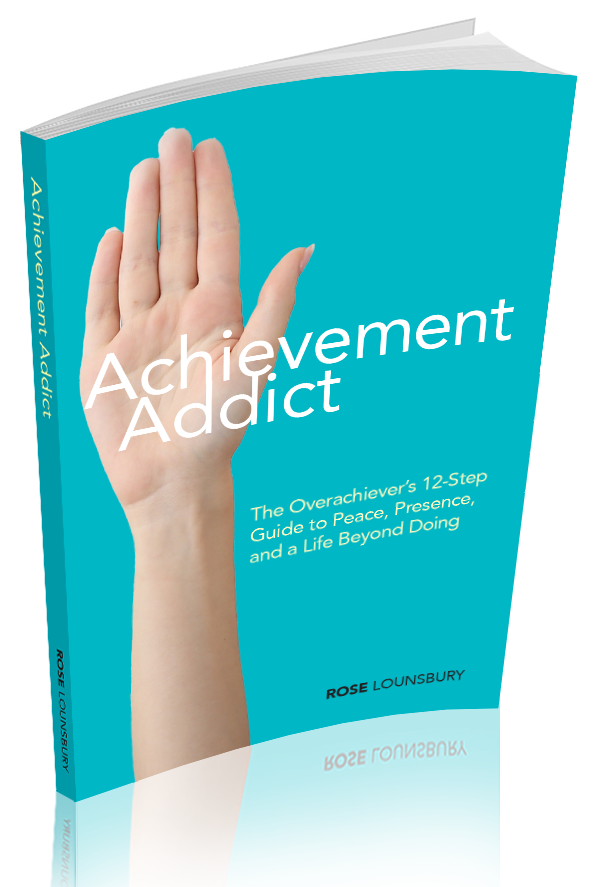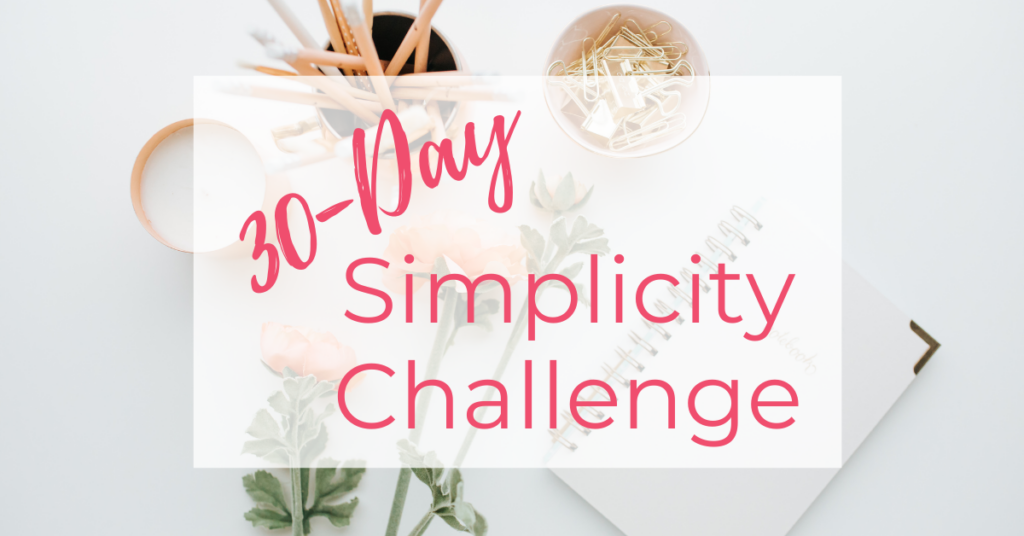I’ve recently become a slacker. Despite the negative connotations of that word, I’ve found that becoming a slacker is one of the best things I’ve done for myself in my forties.
Let me explain my definition of slacking.
Slacking is not shirking real responsibility. It’s not ignoring your bills, flaking on important work projects, or letting your kids go hungry because you just don’t feel like making dinner.
To me, slacking means prioritizing what really matters and letting the rest go.
This is slacking for my fellow Type A’s. The overachiever perfectionist types. The ones who always did our homework and never cheated on tests, not only because we feared getting caught, but also because we thought the material was truly important and might come in handy someday. (Spoiler alert: We were wrong about most of that.)
While many of our fellow students showed up casually hungover and pulled C’s, we put our noses to the grindstone and cranked out perfect scores.
And now, all these years later, when our GPAs don’t matter, we’re still working the same grind, exhausting ourselves over mostly meaningless details. Our former slacker schoolmates are now our slacker colleagues. They show up well-rested and relaxed. They have hobbies. They don’t care about responding to emails on the weekends. And you know what really burns us? Often, they seem happier and advance more quickly in their careers than we do. Why? Because they know how to slack like pros.
Well, ring the bell. Slacker school is in session.
Here are 4 big lessons I’ve learned about slacking that will help you work less, enjoy life more, and focus your precious hours on this earth on the things that really matter.
Lesson #1: Most of this is not that important.
A true slacker realizes that many things we’ve been taught to view as important are not that important.
You might be familiar with the Pareto Principle, also called the 80/20 rule. This principle states that 20% of our actions create 80% of our outcomes. This rule was discovered by an Italian economist in the 1800s who observed that 20% of the plants in his garden produced 80% of the fruit.
The beauty of the Pareto Principle is that it shows up all over our lives, not just our gardens. We see the 80/20 rule at play in our homes, work, relationships, and finances.
Think about this…
20% of your emails matter. 80% don’t.
20% of your possessions are used and loved. 80% aren’t.
20% of your interactions with your kids will determine the strength of your relationship with them. 80% don’t matter that much.
20% of your financial decisions will affect your long-term goals. 80% won’t have much of an effect.
20% of the things on your to-do list need to get done. 80% are optional.
This is very freeing.
Most of the things we think we “need to do” don’t actually need to be done. Start slacking on the 80%. And enjoy that free time!
Lesson #2: What can I get out of?
Every weekend I go over the upcoming week’s calendar. This used to stress me out, especially when the week was really full. I’d anxiously ask myself, “How can I possibly get all of this done???” It made Sunday afternoons real fun, let me tell ya.
Now when I’m facing a particularly full week, I ask myself a key slacker question: “How much of this can I get out of?”
Then Monday morning’s #1 task becomes canceling appointments. This feels like freedom.
It’s a slacker ninja move. We Type-A’s think that we need to show up to all commitments… or else. Or else what? In the adult world, there is no high school principal waiting to write you a detention slip for playing hooky from an unnecessary Zoom meeting. We’re grown-ups. We can cancel appointments. We can reschedule. Or not. (Remember the 80/20 rule? Many of these appointments are not even necessary!)
Let me give you an example…
Last weekend I looked ahead at our schedule and saw our pre-planned trip to Ann Arbor to visit my best friend and her family. I love my best friend. We’ve known each other since high school. But the thought of packing up my three kids, dog, and husband and driving 4 hours on Friday night, spending Saturday together, then driving back on Sunday to an unclean house, unwashed laundry, no groceries and yet still managing to get my kids to rowing practice by 3pm? NOT FUN. Not fun at all.
The truth was… I simply didn’t have the energy for it. I lost my dad unexpectedly at the end of last year, and the last five months have left me physically and emotionally exhausted.
I imagined the Sunday drive home. I could see myself, sitting in the passenger seat, filled with one huge regret: I didn’t have enough time to talk with Becky. If we spent the weekend with our husbands and kids, the focus would be on managing the troops, not connecting with each other. I hadn’t seen Becky since my dad’s funeral. I needed to talk with her. I needed time alone with my best friend.
So I hatched a plan. I called her Monday morning and asked if we could scrap the family weekend, get a hotel for just the two of us, and hang out all weekend together. She was game. And so that’s what we’re going to do.
This example shows the power of getting out of commitments. Often, when we get out of commitments that feel draining, we open ourselves up to experiences that will truly nourish us.
Lesson #3: How do I feel about this?
In order to be a true slacker, we need to be in touch with our feelings. Slackers pay attention to how they feel. They notice their energy levels. They know what fills them up and what wears them out.
Ask yourself: How do I feel about doing this?
I’m a recovering people-pleaser, so when I first started asking myself this question it felt heretical. I wasn’t used to thinking about how I felt, I was used to worrying about how others felt.
This question is key to getting out of draining commitments and letting go of the unnecessary 80%. We have to be willing to pay attention to our feelings and care enough about ourselves to fill our time with things that feel good to us. We deserve that.
Lesson #4: Someone else will do this.
A couple weeks ago I got an email from one of my children’s sports coaches asking parents to volunteer on a Saturday to clean out the equipment shed. We were promised free pizza. I immediately felt guilty. This was the kind of thing I used to raise my hand high in the air for. I’d show up, work gloves on, ready to get dirty and get the job done.
But this time, after months of learning to slack, everything inside me said, “Keep that damn hand in your pocket!”
Let’s take a pop quiz. The question is: What does Rose NOT want to do on a Saturday?
A. Clean out her own storage shed
B. Clean out the storage shed belonging to her child’s sports team
C. Volunteer as a root canal test subject for struggling students at the local dental training school
D. All of the above
Congrats. I think you got 100% on that quiz.
I kept the email in my inbox for 24 hours. And then the heavens delivered me a key slacker insight: Someone else will do this.
Someone else will clean out that shed. They will eat the pizza. I don’t have to do it.
And if they don’t? Well, the sun will still rise tomorrow and that shed will still be a hot mess. The world shall go on.
I hope this post encourages you to slack more, work less, and enjoy your one wild and precious life as much as you possibly can.
Where can you start slacking? I’d love for you to email me personally at [email protected] and let me know.








